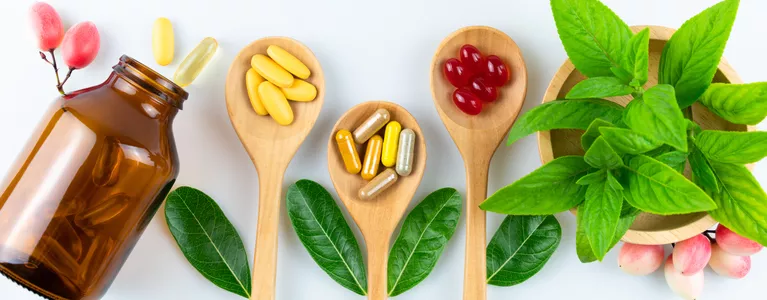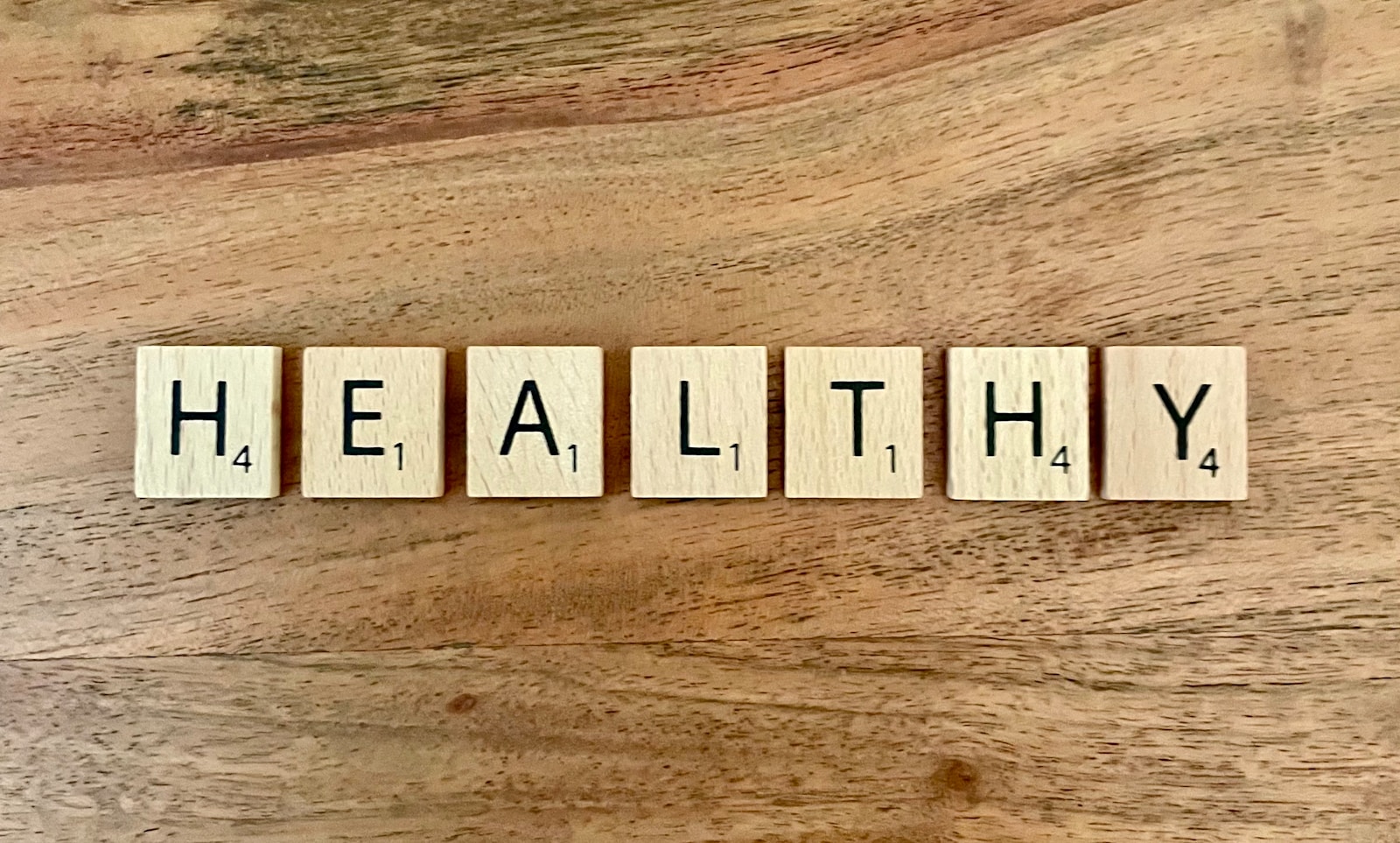Good health isn’t about perfection. It’s about consistency, and making choices that support your body and mind every single day. Many people get overwhelmed with complicated routines, expensive diets, or conflicting advice. But staying healthy doesn’t have to be difficult. It’s a lifestyle and even small adjustments can produce lasting results.
In this guide, you’ll learn a balanced approach to health that’s realistic, sustainable, and rooted in long-term well-being. You’ll discover how real food, enjoyable movement, hydration, stress balance, and smart supplementation come together to improve energy, mood, and resilience — without extremes or shortcuts.
A- Why Health Should Be Simple, Not Stressful?
One of the biggest reasons people lose motivation is they try to do too much at once. Drastic diets, restrictive rules, or rigid workout plans rarely last. Health is not an all-or-nothing race. It’s about small steps that build into strong habits over time.
Here’s what your body actually needs to thrive:
– Nutrient-dense, unprocessed food.
– Regular, enjoyable physical activity.
– Quality sleep and proper hydration.
– Stress relief and downtime.
– Supplement support when needed.
The key is to build a foundation that fits your life. Even a few consistent changes done daily can lead to long-term transformation.
B- Eat Real, Unprocessed Food Most of the Time.
Food is fuel — but it’s also information. Every bite communicates with your cells. Highly processed foods tend to increase inflammation, blood sugar swings, and cravings. Whole foods, on the other hand, help your body perform its best.
Personally, I eat normal, unprocessed foods daily. Nothing extreme or expensive. Just clean, home-cooked meals made from real ingredients.
Try filling your plate with:
– Leafy greens and colorful vegetables.
– Lean protein sources (chicken, fish, legumes, eggs).
– Healthy fats (nuts, seeds, olive oil, avocado).
– Fiber-rich whole grains (quinoa, oats, brown rice).
– Fresh fruits (berries, apples, citrus).
Some natural ingredients also offer additional health benefits :
-Curcuma longa (Turmeric)– Contains curcumin, known for reducing inflammation and oxidative stress. Often used for joint and digestive support.
-Camellia sinensis (Green Tea) – Rich in catechins like EGCG, green tea supports fat metabolism, heart health, and cognitive performance.

-Zingiber officinale (Ginger) – Improves digestion, reduces bloating, and supports immunity through its bioactive compounds.

-Ocimum tenuiflorum (Holy Basil) – An adaptogenic herb that helps regulate stress hormones and maintain balance during physical or emotional stress.

You don’t need them all. Start with those that fit your goals or diet.
C- Move Your Body — But Keep It Fun.
Movement is medicine. It increases circulation, strengthens muscles, supports bone health, improves mood, and helps regulate weight. But you don’t need to follow a strict workout plan to stay active.
I personally stick with a simple mix: bodyweight workouts a few days a week, light cardio like cycling or walking, and stretching or mobility work.

Keep it sustainable by:
– Moving at least 30 minutes a day (walks count).
– Mixing strength and aerobic activities.
– Choosing forms of exercise you enjoy (dancing, hiking, swimming).
– Listening to your body and avoiding burnout.
The more you enjoy the movement, the more likely you’ll stay consistent.
D- Supplements: A Smart Add-On, Not a Shortcut.
Supplements can be valuable, but they should complement your diet, not replace it. When on a calorie-restricted diet (like during weight loss), it’s harder to meet all nutrient needs from food alone. That’s where targeted supplements can help.
I use supplements occasionally when my diet is limited or my energy feels low.
These include:
-Magnesium (Magnesium Glycinate) – Supports muscle relaxation, sleep quality, and stress response.
-Vitamin D3 – Crucial for immune health, hormone production, and calcium absorption.
-Omega-3 (from fish oil or algae) – Reduces inflammation, supports brain function, and benefits heart health.
-Multivitamins – A safety net when food variety is limited. Look for those with methylated B vitamins and active minerals.
Always choose high-quality, tested supplements. Avoid overloading — more is not better.

E- Hydrate and Sleep.
Two of the most underrated habits in health are proper hydration and sleep. Yet they directly influence your energy, metabolism, focus, and immunity.
Stay hydrated by:
* Drinking water throughout the day (aim for 2–3 liters depending on activity level).
* Adding electrolytes during intense exercise or hot weather.
* Limiting dehydrating drinks like excessive coffee or alcohol.

Prioritize sleep by:
* Aiming for 7–9 hours of restful sleep.
* Going to bed and waking up at consistent times.
* Reducing blue light and screen time before bed.
* Creating a calm sleep environment (dark, quiet, cool).

Better hydration and sleep help everything else work better — from digestion to recovery.
F- Stress Management Matters More Than You Think.
Chronic stress raises cortisol, which can disrupt digestion, sleep, hormone balance, and even immune function. Stress is unavoidable — but how you respond to it makes a big difference.
Effective ways to reduce stress include:
-Daily walks in nature.
-Short breathing sessions (3–5 minutes).
-Stretching or yoga.
-Talking to friends or journaling.
-Limiting negative media or overconsumption of news.
You don’t need hours of meditation, just a few intentional moments each day to unwind.

F- Make Changes You Can Stick With.
The best routine is the one you can actually maintain. Trying to copy someone else’s plan rarely works long-term. You need habits that fit your preferences, lifestyle, and goals.
Start small, and build slowly:
* Add one vegetable to every meal.
* Walk 15–20 minutes after lunch or dinner.
* Swap one sugary drink for water each day.
* Prepare your meals at home more often.
* Take 5 minutes to stretch in the morning.
These shifts may seem minor, but they stack up fast.
Big changes don’t last unless they feel doable. You don’t need to do everything at once, just enough to move forward.
Let’s Recap: Your Simple Formula for Health…
Here’s what consistently works and can work for you too:
* Whole, nutrient-dense foods (with variety).
* Sustainable, enjoyable movement.
* Strategic supplement support (when needed).
* Proper hydration and quality sleep.
* Simple, consistent stress relief.
* Small habits that compound over time.
Health is not about chasing perfection. It’s about showing up for yourself daily in ways that feel natural, not forced.
Don’t wait for the perfect moment. Health doesn’t require drastic diets or expensive memberships. It starts right where you are!

